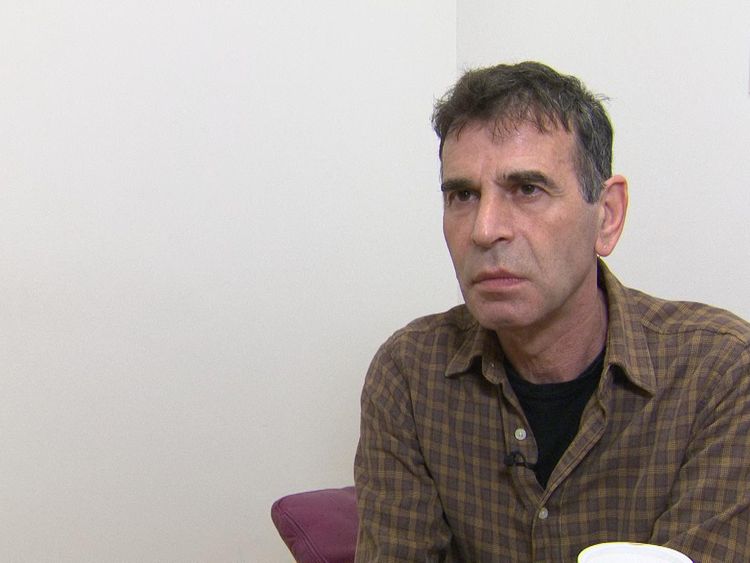UK to carry out mass lung cancer screening trial in London
It is designed to show if an early diagnosis programme could be “achievable and affordable” on the NHS.
Currently in England, people are offered screening for breast, bowel and cervical cancer but not lung cancer, despite it being Britain’s biggest cancer killer.
The study by University College London Hospitals NHS Foundation Trust (UCLH) and UCL will bring together healthcare organisations across north and east London to try to improve early cancer diagnosis, outcomes and care for patients.
Sam Janes – a professor of respiratory medicine at UCLH and Chief Investigator on the Study – says: “It is a huge screening study, the biggest in Europe, looking at whether CT scanning works and more importantly how we can deliver it to a very large population in a city, really defining how the NHS will do this in the future.
“Currently there is no national screening programme for lung cancer but what we hope to do is demonstrate that it’s achievable and affordable within the National Health Service.”
Lung cancer causes around 35,000 deaths a year in the UK. Currently around 75% of patients are diagnosed at a late stage – stages 3 and 4 – when treatment isn’t as effective. When diagnosed at the earlier stages – stages 1 and 2 – 70% of lung cancer patients survive for at least a year.
Anton Franks was given a lung health-check screening as part of a smaller pilot study in 2016. His doctors found a tiny cancerous nodule which he had removed – crucially it was early enough to stop it spreading.
“It was a bit of a shock…I had a bit of a smoker’s cough but not much of one because I didn’t smoke very much. I got told later that most people don’t get a growth discovered until stage 4 by which time its often terminal.
“If people get the opportunity to have the screening, I would strongly recommend people go for it.”
The study will provide evidence to inform a potential national lung cancer screening programme and also support the development of a new blood test for the early detection of multiple cancer types.
Source: Read Full Article



